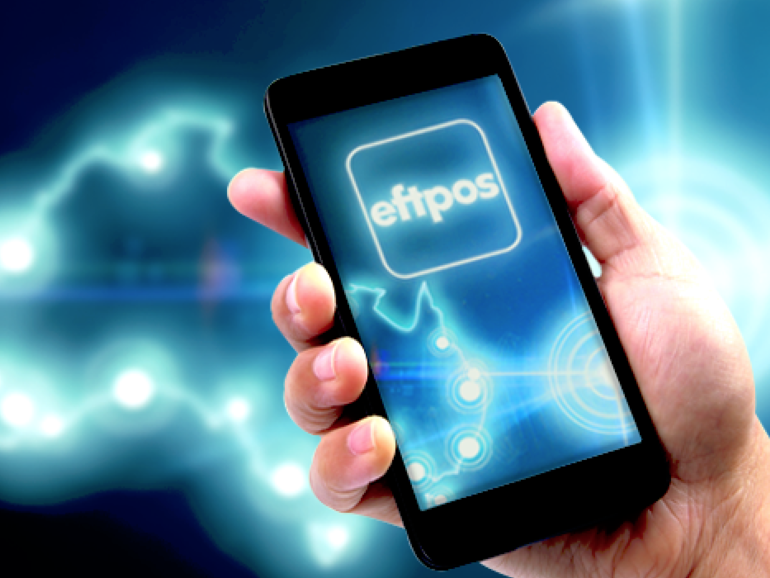Eftpos has announced joining the Hedera Governing Council, the body charged with overseeing governance of the Hedera Hashgraph distributed ledger technology (DLT) platform.
Hedera is a public ledger that uses hashgraph consensus, which has been touted by the company as being a faster, more secure alternative to blockchain consensus mechanisms.
Eftpos is the now the 17th member of the council, joining the likes of Boeing, Deutsche Telekom, Google, IBM, LG Electronics, and Tata Communications.
Eftpos ran a number of successful proofs of concept last year with Hedera, with CEO Stephen Benton saying the tests were aimed at enhancing the company’s new digital payments innovation strategy.
One of the proofs of concept was the development of a micropayments service that Eftpos said could be used as an alternative payment to monthly subscriptions or paywalls.
The proof of concept was built using the Hedera Consensus distributed public ledger service that allows consumers to load their digital wallet with a few dollars to make an online micropayment, such as purchasing one article behind a paywall from an online newspaper, or a movie from a streaming service, instead of paying for a monthly subscription.
“By combining the new Eftpos API infrastructure with a consumer wallet-based experience, digital identity, and an AUD-based stablecoin using Hedera’s superfast, secure and low-cost distributed network, the PoC’s objective was demonstrably achieved,” Eftpos “entrepreneur in residence” Rob Allen said.
“Use cases like this simply are not possible on other public blockchains. Along with several partners, we are now exploring a variety of use cases that this combination of technologies enables and the options to commercialise them.”
Alongside joining the council, Eftpos will also run Australia’s first Hedera network node.
Members of the Hedera Governing Council are responsible for running the initial nodes of the Hedera network, as well as guiding both strategy and software development, over a maximum of two consecutive three-year terms.
Hedera said this “contributes to stability and is conducive to maintaining diversity and decentralisation of the public network”.
“By joining the Hedera Governing Council and running the Australian node, alongside some of the world’s largest and most influential companies, we are excited to participate in the development of next-generation micropayments technology that has the potential to open up entirely new ways of conducting business for Australian enterprises and enable compelling new experiences for Australian consumers,” Benton said.
“For example, in a world of fast paced technology change, low cost micropayments to pay for internet content or tiny payments for device to device transactions.”
MORE FROM EFTPOS
New Payments Platform Australia to merge with Eftpos and BPAY
The three payments organisations have announced plans to amalgamate in a bid to improve local innovation and make the Australian payments landscape more competitive.
Eftpos gears up to pilot QR code payments system in 2021
QR code is one of five technology focus areas for the debit card payments company over the next two years.
Eftpos signs deal to buy big bank-backed Beem It
The acquisition is a strategic move for the payments company as it continues to make inroads in the digital space.



